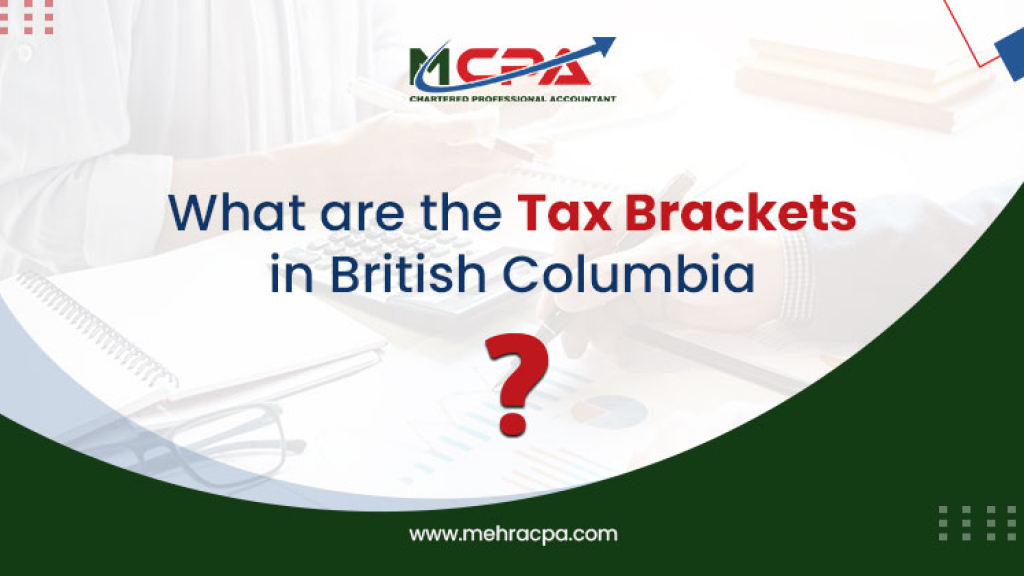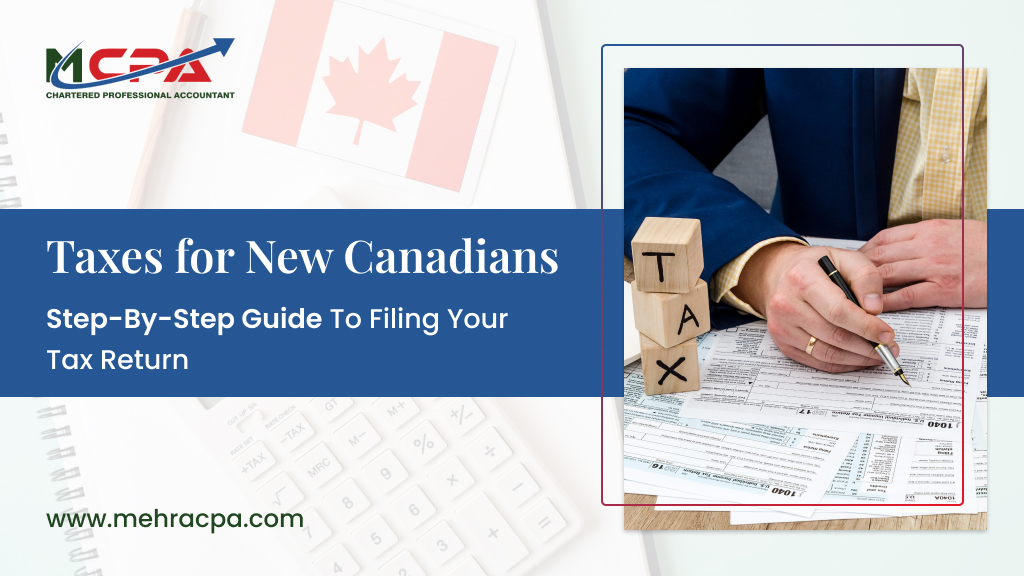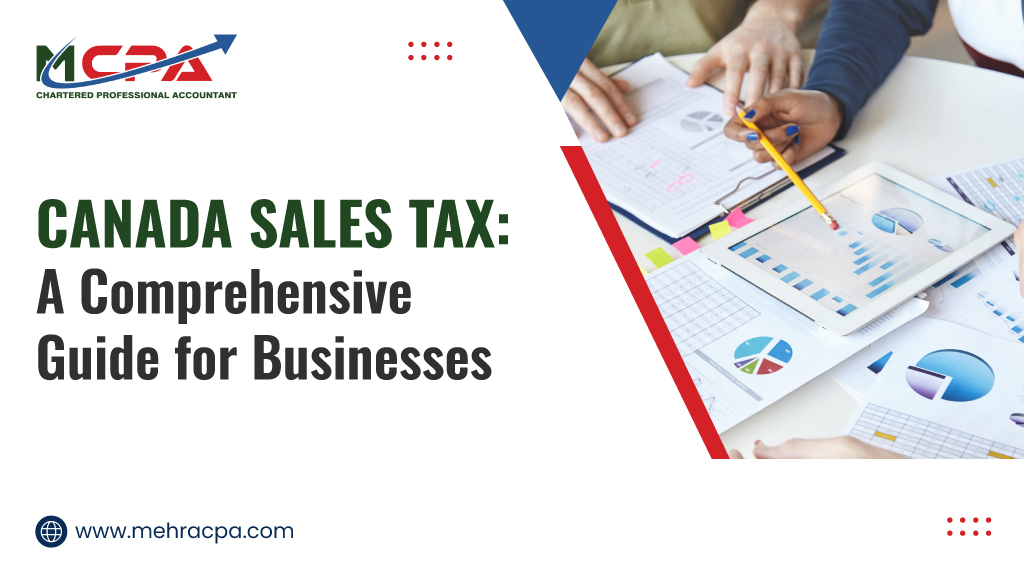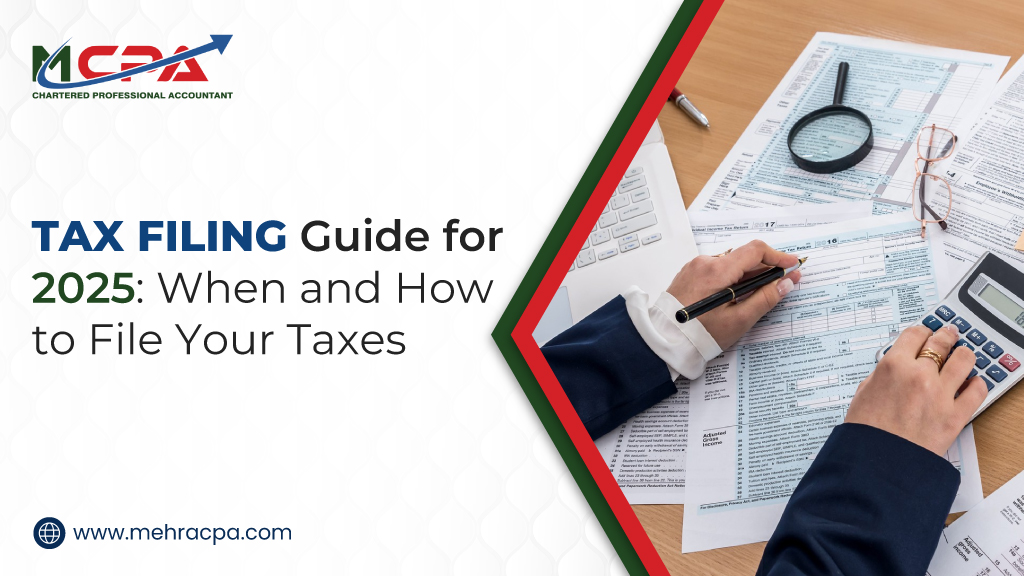
Recent Post
2025 Canadian Tax Deadlines: Everything You Need to Know
Every year, Canadians are required to file their taxes on…
Taxes for New Canadians: Step-by-Step Guide to Filing Your Tax Return
Moving to Canada is an exciting journey filled with new…
Canada Sales Tax: A Comprehensive Guide for Businesses
What is Sales Tax? If you own a business in…
Tax Filing Guide for 2025: When and How to File Your Taxes
Filing taxes can seem like a daunting task, but with…
When it comes to managing your finances, understanding the tax brackets in British Columbia is crucial. Whether you’re a seasoned resident or a newcomer to the province, staying informed about the tax system ensures that you make informed financial decisions. In this comprehensive guide, we will delve into the tax brackets in British Columbia, shedding light on the nuances of the system and providing insights into the changes for the year 2024.
What are Tax Brackets?
Tax brackets are the range of incomes taxed at different rates. In British Columbia, the tax system is progressive, meaning that individuals with higher incomes pay a higher percentage of their income in taxes. The province utilizes a tiered approach, dividing income into different brackets, each with its corresponding tax rate.
British Columbia Tax Brackets 2024
Basic Personal Amount
The Basic Personal Amount is the income threshold below which individuals are not required to pay provincial income tax. For the tax year 2024, this amount is set at $11,635. This provision is designed to provide relief for lower-income individuals.
First Tax Bracket
Income falling within the first tax bracket is taxed at the lowest rate. For the tax year 2024, the rate is 5.06%. This bracket covers income above the Basic Personal Amount and up to $42,184.
Second Tax Bracket
As income surpasses the threshold of the first tax bracket, it enters the second tax bracket. The tax rate for this bracket is 7.7%, and it applies to income between $42,185 and $84,369.
Third Tax Bracket
Income exceeding the second tax bracket limit falls into the third tax bracket. The tax rate for this bracket is 10.5%, applying to income between $84,370 and $95,259.
Additional Tax Brackets (if applicable)
For higher-income individuals, there may be additional tax brackets with progressively higher rates. These brackets are designed to ensure that those with higher incomes contribute proportionately more to fund public services and infrastructure.
Federal Tax Brackets in BC
It’s important to note that British Columbia has both provincial and federal tax systems. The federal government also employs a progressive tax system with its own set of tax brackets. The combination of provincial and federal taxes determines the total income tax liability for residents in British Columbia.
Coordinating Federal and Provincial Taxes
To calculate your total tax liability, it’s essential to understand how federal and provincial tax rates interact. The federal government provides a tax credit for the provincial taxes paid, helping to avoid double taxation.
Federal Tax Brackets
While the focus of this guide is on British Columbia’s tax brackets, it’s crucial to be aware of the federal tax brackets, as they significantly impact your overall tax liability.
Changes in Tax Brackets for 2024
To stay ahead in financial planning, it’s essential to be aware of any changes in tax brackets. For the tax year 2024, the following adjustments have been made:
Inflationary Adjustments
Tax brackets are often adjusted for inflation to prevent taxpayers from moving into higher tax brackets due solely to inflation. These adjustments help maintain the real value of income thresholds.
Legislative Changes
Governments may introduce legislative changes that affect tax brackets. Stay informed about any recent changes to ensure accurate financial planning.
Additional Considerations for British Columbia Taxpayers
1. Deductions and Credits
Understanding available deductions and tax credits can significantly impact your overall tax liability. In British Columbia, various credits and deductions are available, such as the BC Climate Action Tax Credit and the Home Renovation Tax Credit. Familiarizing yourself with these opportunities can help optimize your financial strategy.
2. Tax Planning Strategies
Effective tax planning involves more than just understanding the tax brackets. Consider employing tax planning in vancouver strategies to minimize your tax liability legally. This could include income splitting, utilizing registered savings plans, and taking advantage of tax-efficient investment options.
3. Impact of Life Changes
Life events such as marriage, divorce, having children, or changing jobs can have implications for your tax situation. Being aware of how these changes affect your tax brackets and adjusting your financial plan accordingly is essential.
Future Trends and Considerations
1. Digital Economy and Remote Work
The rise of the digital economy and the increase in remote work have blurred geographical boundaries. As more individuals work from different locations, understanding the tax implications of such arrangements becomes crucial. British Columbia’s tax system may need to adapt to these changing work dynamics.
2. Environmental Initiatives and Taxation
Governments worldwide are placing greater emphasis on environmental sustainability. It’s worth monitoring how British Columbia aligns its tax policies with environmental initiatives. Green incentives and taxes on carbon emissions could play a role in future tax structures.
Conclusion
Understanding the tax brackets in British Columbia is crucial for effective financial planning. Whether you’re a resident, a business owner, or someone considering a move to the province, being informed about the tax system empowers you to make informed decisions. Keep in mind that tax laws can change, so it’s advisable to consult with a personal tax accountant in vancouver for personalized advice based on your specific circumstances.
By staying informed about tax brackets, you can optimize your financial strategy, ensuring that you are taking advantage of available credits and deductions while meeting your tax obligations. Remember, knowledge is key to financial success, and this guide is a step toward achieving that knowledge in the realm of British Columbia’s tax system.
Check This:- Difference Between Personal and Business Tax Returns
Frequently Asked Questions (FAQs):
1. How Often Are Tax Brackets Updated?
Tax brackets can be updated annually, and the adjustments are typically based on factors such as inflation and legislative changes. Staying informed about these updates ensures accurate financial planning.
2. Are There Differences in Tax Brackets for Different Types of Income?
Yes, different types of income, such as employment income, business income, and investment income, may be subject to varying tax rates. Understanding these distinctions is crucial for accurate tax planning.
3. What Happens if I Exceed a Tax Bracket?
If your income exceeds the upper limit of a tax bracket, only the amount above that limit is taxed at the higher rate. Your income within each bracket is taxed at the corresponding rate.
4. Can tax credits reduce the impact of higher tax brackets?
Yes, tax credits directly reduce the amount of tax owed, offering relief in higher tax brackets.
5. What is the lowest and highest tax bracket in BC?
The lowest and highest tax brackets in BC fluctuate based on income levels, with higher incomes incurring higher tax rates.




